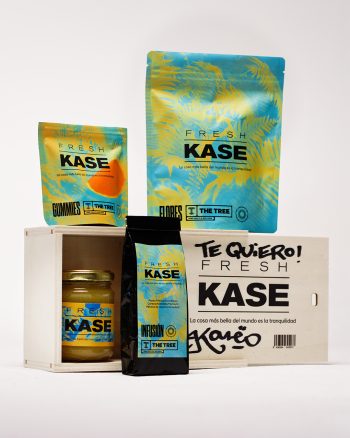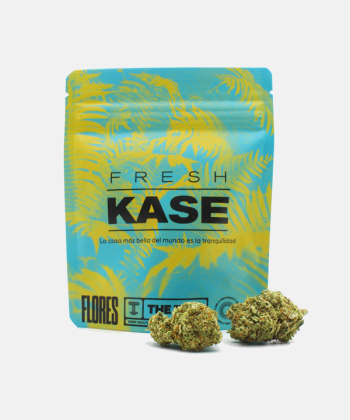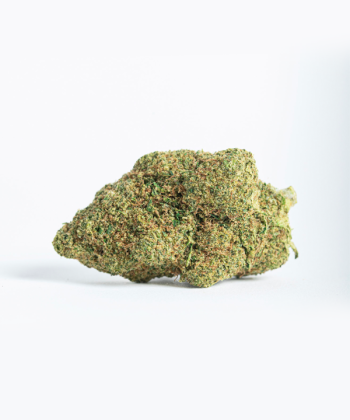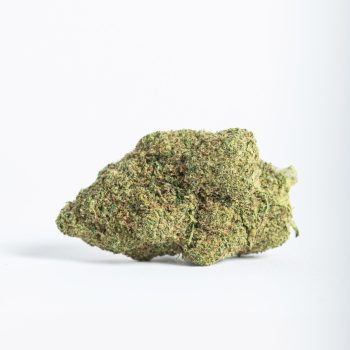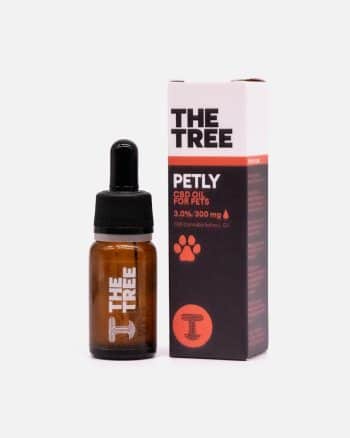CBD (Cannabidiol) is a natural compound found in the cannabis plant that has become very popular in recent years thanks to its many properties. Due to this rise in popularity, the CBD market has expanded rapidly, making it an attractive opportunity for entrepreneurs looking to get into the cannabis business.
However, selling CBD isn’t as easy as it may seem at first glance. In addition to competition, product quality, legislation, and other factors that can determine the success or failure of a CBD shop must be taken into account.
In this article, we’ll explore two of the most important things to consider if you’re thinking of selling CBD, namely choosing quality suppliers and the rules and regulations you need to be aware of. Let’s get started!
Legal restrictions on the sale of CBD
Although selling CBD products is perfectly legal throughout the European Union, not many people know that they can’t be marketed for human consumption. Spain, for example, is one European country where the sale and distribution of cannabidiol are still restricted by some rules and regulations. Let’s explore the specifics that these entail
Firstly, it’s important to mention that in the European Union, cannabinoids are considered a novel food and, as such, require the approval of the EFSA (European Food Safety Authority) in order to be sold as a food supplement. However, this body has suspended the evaluation of applications pending further investigation.
Nevertheless, as no law specifically prohibits the sale of CBD as a food in most European countries, the final decision is left to each member state, so CBD edibles can be found in places like the Netherlands, for example.
In most European countries, both the sale of CBD edibles and sublingual CBD is prohibited, with CBD oil only being sold as a cosmetic product.
Another major restriction in Europe is that CBD flowers can only be marketed as a decorative or collector’s item and this must be stated on the packaging. In other words, a CBD shop or a tobacco shop can’t sell flowers for smoking because this is prohibited.
CBD products without sales restrictions
Although it’s not possible to sell CBD oil for oral or sublingual administration, nor flowers and resins for smoking, nor edibles with cannabidiol, CBD offers other business opportunities that are perfectly legal in Europe. Let’s take a look at what these are.
One of the uses of CBD that’s legally permitted is topical application using cosmetics. CBD has important cosmetic properties and creams and oils containing CBD are perfectly legal, as well as being one of the most demanded products by consumers.
In addition, although cannabis flowers cannot be marketed for smoking, e-liquids and vapes with CBD can be sold for consumption. They’re only subject to an age restriction, being products only permitted for those over 18 years of age.
Lastly, we should mention that it’s strictly forbidden to market CBD as a medicine or to claim that it has medical benefits for any particular disease. As surprising as it may be to the average cannabidiol user, CBD products aren’t intended for the diagnosis, treatment, or curing of any disease.
Therefore, as professionals in the sale of CBD, we always recommend whenever we’re asked about this cannabinoid for the treatment of diseases that users should consult a medical specialist to discuss each specific case.
CBD suppliers: legal compliance and product documentation
The CBD industry has developed rapidly over the last few years and there are a wide range of suppliers to choose from. This breadth of options can be counterproductive, as not all distributors offer the same quality and level of service.
As explained above, legality is one of the most important aspects of the CBD business. Therefore, we must work with distributors who comply with the current legal requirements and have up-to-date product documentation.
In this regard, a good supplier should provide product analyses that are less than six months old, indicating the genetics of the seed certified by the EU, as well as the batch number to ensure traceability.
Furthermore, as far as cosmetic products are concerned, we can request the CPNP registration of topical and cosmetic products, such as CBD creams and CBD oil, from the supplier in question.
Lastly, we must ensure that the invoices provide information on the products purchased, including the batch number that allows them to be linked to the analytics.







